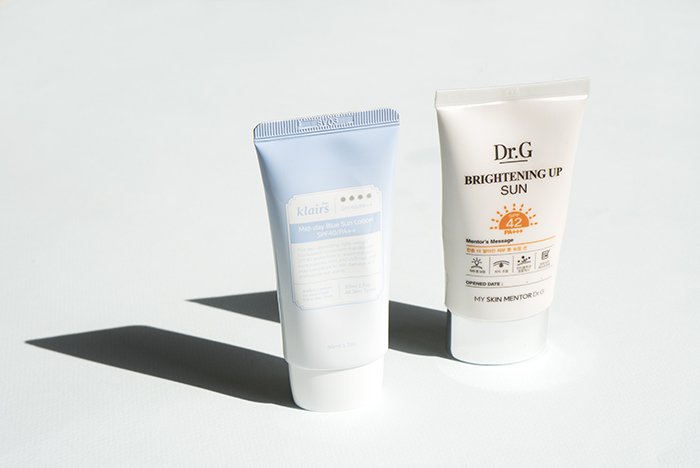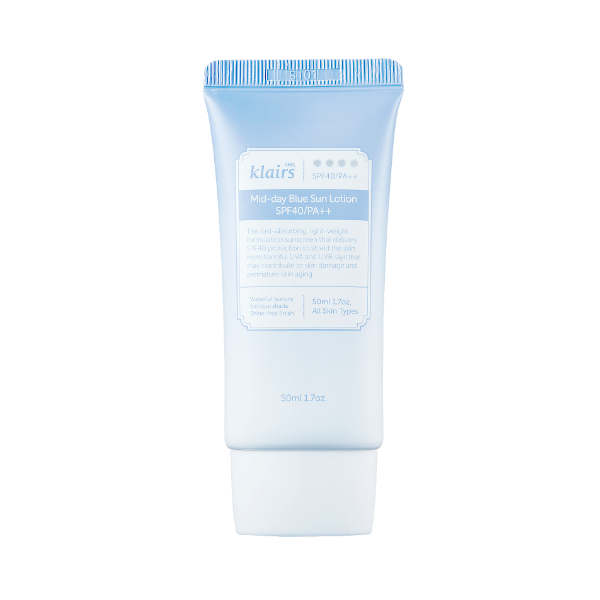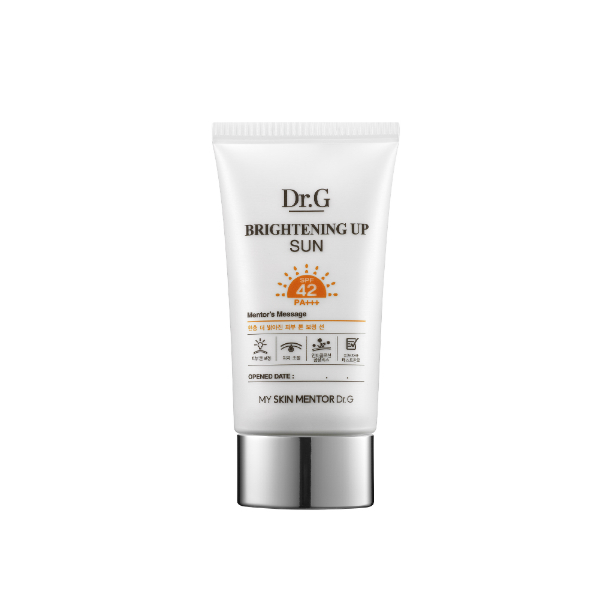Curious to see how a Korean dermatologist and an American dermatologist would answer the same popular skin care questions? We asked them to provide insight on some of the biggest beauty questions.
I asked Herr Hwan, a dermatologist at the Gangneung Asan Hospital in South Korea, and Rachel Nazarian, a dermatologist at the Schweiger Dermatology Group in New York City, our biggest questions on aging, acne, and how to figure out your skin type.
Read on to see how they both agree on the most important product to prevent aging (hint: it involves protecting your skin from a damaging environmental factor) but how they have different ideas on the “key components” of your skin care routine. My tip? Mix both of their advice together for a flawless routine.
What advice do you have for people who don’t know their skin type and are trying to figure it out?
Nazarian: Speak to your dermatologist. This can be a tricky problem to solve without the help of a skin care professional. Most people have a combination of skin types, and identifying your category will help you choose ideal products for the best individualized regimen.
Hwan: Generally, skin types can be divided into dry, normal, and oily. Your skin type is determined by how much sebum your skin naturally produces. If you wake up in the morning and you have little oil on your face, your skin type is dry. If you have a lot of oil on your face, your skin type is oily.
What do you consider the key components to a routine?
Nazarian: Prevention, repairing, and neutralizing. Prevention of skin damage is done with using daily broad spectrum sunscreen. Repair is done with retinoids, exfoliants, and many many other methods to undo some of the damage from daily ultraviolet exposure and aging. Neutralization is achieved through use of daily antioxidants, such as vitamin C or E, to fight the potential damage from daily free-radical exposure in the environment. I think having all three angles in your skin care regimen create the ideal routine.
Hwan: First, make sure you avoid skin irritants like UV rays, the wind, dust, pollen, and mildew. Next, make sure you cleanse thoroughly, and maintain your skin’s humidity levels. Finally, help repair your skin by taking supplements like vitamins.
What’s your biggest anti-aging tip?
Hwan: First, avoid sun exposure. Second, avoid physical any stimulus of the skin, like rubbing your skin with a towel or sweat. Third, always maintain your skin’s humidity level by using things like humidifiers and moisturizers. Lastly, make sure you’re giving your skin the nutrients it needs, like proteins and vitamins.

Nazarian: I have two: Sunscreen, because safety first, and sunscreen is the smartest way to protect against skin aging and skin cancer. And number two: Have a great dermatologist. There are many exciting tools in dermatology to achieve dramatic and effective anti-aging results. Many are not available over-the-counter or in-home…but it’s worth the trip into the office.
Editor’s note: Two of our favorite sunscreens are the Dr. G Brightening Up Sun SPF 42 and the Klairs Mid-Day Blue Sun Lotion SPF 40 for their ability to both brighten and effectively protect skin
What’s the best skin care product for your 30s?
Nazarian: I love products that start to repair sun damage and aging in your 30s. Generally, by this decade people are noticing subtle signs of ultraviolet radiation exposure—like brown spots, red spots, and fine lines and wrinkles. I think this is a great time to start products that can repair these early signs—such as growth factors, peptides, and antioxidants.
Hwan: If you’re in your 30s, your skin has yet to start actively aging. So assuming you’re not dealing with specific skin issues that require advanced solutions, you don’t need to use special products. But it’s important that you get in the habit of applying SPF in the summer and moisturizer in the winter.
What’s your best acne tip?
Hwan: First, don’t pop your pimples. Second, use an adequate amount of prescription drugs. Third, keep your skin in good condition by avoiding stress, and lack of sleep. Lastly, treat post-acne skin well through things like laser therapy.
Nazarian: Treat early. Even mild acne can cause long-term cumulative damage to skin—through marks or scars—that affect overall skin appearance. Don’t let consistent acne, no matter how little, continue. Get started on a good acne regimen to stop continual damage, and to prevent potential aggressive or severe acne in the future.
What’s the best way to heal acne scars?
Nazarian: Sunscreen and lasers. Sunscreen will help red and brown spots fade faster, so apply a daily minimum SPF 30 broad spectrum sunscreen. For deep scarring or marks from acne, the best treatment is lasers. Lasers can smooth the surface of skin and repair the deep damage done from acne cysts. My favorite laser is the Fraxel to heal these types of scars.
Hwan: I agree, laser therapy.
What are your favorite kinds of products?
Hwan: In the past ten years, I’ve noticed that there’s a lot more diversification in skin care products. Instead of focusing on including specific ingredients, it’s important to diversify the use of such ingredients.
Nazarian: Products that contain prescription-strength retinoid, vitamin C/E, lightening extracts (licorice root extract), green tea extract, niacinamide, olive extract, glycolic acid, hyaluronic acid, ceramides, heparin sulfate, kojic acid, sunscreen, and probiotics. But the longer I think about it, the longer my list gets!






